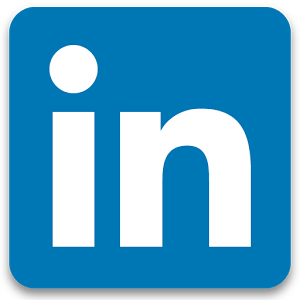M&A - The Teaser

M&A - The Teaser
When selling a business, it is important to know how to appeal to buyers. A key step, of course, is to make sure that the best parts of the business are displayed. These items are what we call Unique Selling Points (“USP”).
A good M&A advisor will know how to portray the USPs so that a broad audience will be able to understand and value the business. This is important as the best way to sell a business is to contact a large number of potential buyers, usually worldwide. The buyer list should also include a variety of types of businesses, if possible. There is no way to predict where a buyer will come from, why they will be interested in your company, or why they are looking to buy any company at all. Because of this, casting a wide net in the search for buyers is the best chance at finding the “right” interested party. The “right” buyer will always pay more for the company.
In addition to the formal Confidential Information Memorandum that buyers will receive after executing a Non-Disclosure Agreement, the company or its M&A advisor should create a one-page teaser. The teaser should describe the company in enough detail, without disclosing confidential information, to get potential buyers interested. In most cases, it will be a “blind” teaser in that the company’s name will not be disclosed. It should also be written so that potential suitors won’t be able to figure out which company is for sale.
The teaser should include background on the company—the type of company, overview of its products/services, its history, location, etc. The teaser should then go on to describe the customer base and why the business is a good investment. The teaser should also have summary financial data, historical, current and projected. To summarize, the critical part of the teaser is to make bold claims to drive interest. At the same time, one needs to make sure that those claims can be backed up with facts.
The majority of people who receive the teaser will not end up being interested in purchasing the business. However, knowledge is power. It’s just as important to know that other companies are not interested. It demonstrates to the seller how strong the market is for their company, which is very useful information. Both the seller and the M&A advisor commence the process with the optimism that there will be many prospective buyers. But, once buyers are contacted, the seller will have a very good idea of how many interested buyers there really are. If the demand is modest, it doesn’t’ mean that the company can’t be sold for a good valuation. But, it does mean that the seller needs to be careful with the buyers that do present themselves.
In conclusion, the key to the teaser is to give potential buyers enough information to pique their curiosity without releasing too many details about the company. Interested buyers should then execute a Non-Disclosure Agreement and receive the Confidential Information Memorandum on the company. From there, the M&A advisor should narrow down the interested parties to those that are serious and financially qualified.
Versailles Group is a 29-year-old Boston-based investment bank that specializes in international mergers, acquisitions, and divestitures. Versailles Group’s skill, flexibility, and experience have enabled it to successfully close M&A transactions for companies with revenues between US$2 million and US$250 million. Versailles Group has closed transactions in all economic environments, literally around the world.
Versailles Group provides clients with both buy-side and sell-side M&A services, and has been completing cross-border transactions since its founding in 1987. More information on Versailles Group, Ltd. can be found at www.versaillesgroup.com.
For more information, please contact
Donald Grava
Founder and President
617-449-3325
April 14, 2016







